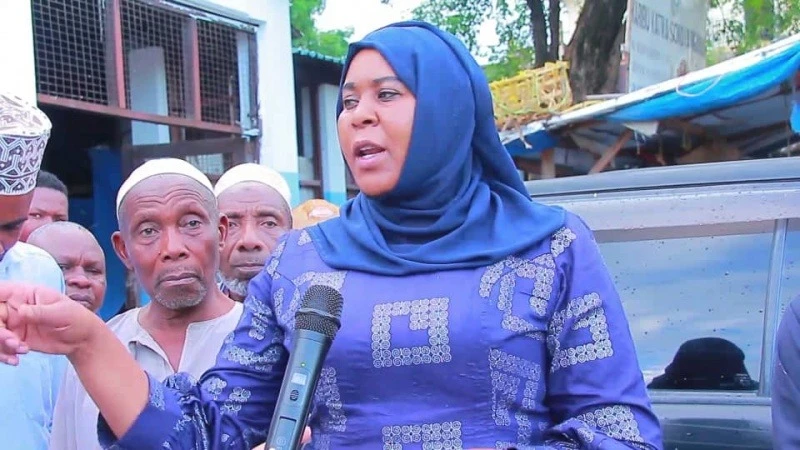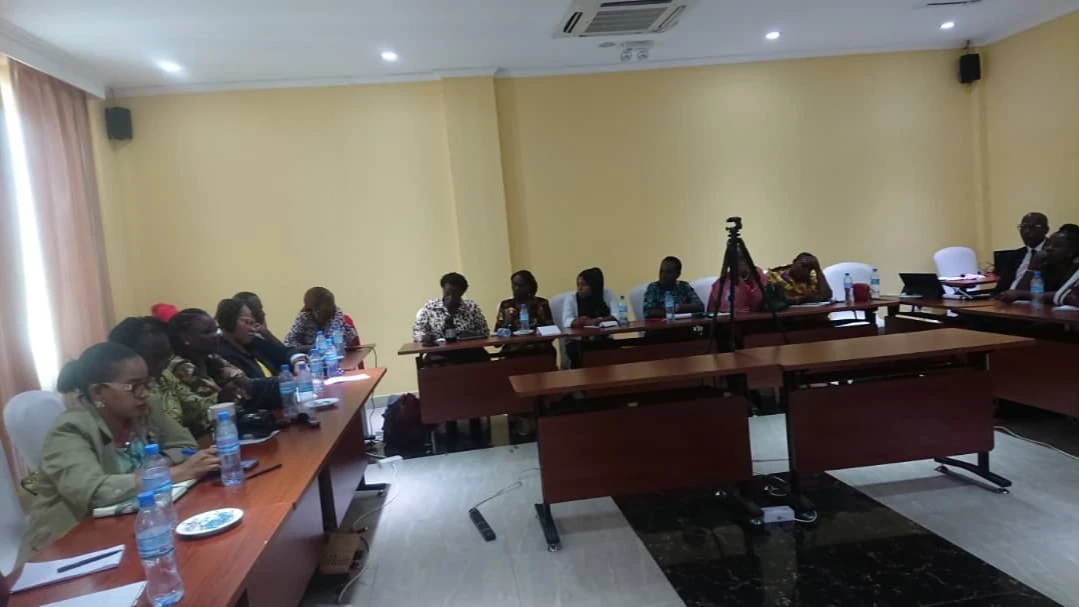Dar es Salaam's real estate sector faces hurdles amidst growth

Dar es Salaam, Tanzania's largest city and economic hub, is experiencing rapid urbanization and population growth, fueling a significant demand for real estate development. However, the sector faces a complex web of challenges that are hindering its efficiency and potential.
This observation is supported by the findings of a dissertation submitted by Wakara Edson Wakara in partial fulfillment of the requirements for the Degree of Master of Project Management (MPM) from the Open University of Tanzania.
The real estate market is crucial to Tanzania's economic development. While it has shown growth, its contribution to the country's Gross Domestic Product (GDP) has been relatively modest in past decades, despite economic reforms aimed at boosting private sector investment.
Now, Wakara's study has identified key factors affecting the efficiency of real estate business development in the city, highlighting both obstacles and opportunities for improvement.
According to the research conducted by Wakara, several interconnected issues are impeding the efficient development of real estate in Dar es Salaam. A primary concern, as highlighted in the study, is the quality of services provided by real estate developers, agents, and related institutions.
Wakara's findings indicate a need for enhanced professionalism, improved communication, and greater reliability in service delivery, with many customers expressing dissatisfaction that negatively impacts market confidence and slows down development projects.
Despite Tanzania's abundant land resources, accessing suitable land for development in Dar es Salaam remains a significant hurdle. Complex and bureaucratic procedures, coupled with a lack of serviced and surveyed land, create bottlenecks for developers.
This challenge is also underscored in Wakara's dissertation. The absence of a well-organized land bank, particularly for foreign investors, further exacerbates the problem, driving up costs and discouraging investment.
Navigating the legal and regulatory landscape is also a major challenge for real estate developers in Dar es Salaam. Wakara's study emphasizes that compliance with real estate-related laws and regulations is essential, but the current framework is often perceived as cumbersome and inefficient.
Issues such as lengthy approval processes, unclear regulations, and inconsistencies in enforcement create uncertainty and delays, adding to the cost and complexity of development projects, as noted in the research.
Moreover, the cost of real estate development in Dar es Salaam is inflated by a variety of factors, including the high cost of land acquisition, construction materials, financing, and regulatory compliance. This cost burden is also identified in Wakara's work.
Additionally, hidden costs, such as those associated with delays caused by bureaucratic processes and disputes, further strain project budgets, making projects less viable and limiting affordable housing options.
These challenges have far-reaching consequences for Dar es Salaam's real estate market and its overall development. Inefficiencies in land acquisition, regulatory approvals, and service delivery lead to project delays, hindering development and the ability to meet demand.
High costs drive up prices and deter investment. Uncertainty erodes investor confidence. These consequences are all brought to light by Wakara's investigation. The combination of high costs and slow development particularly affects low- and middle-income residents.
Despite these challenges, Wakara's study also identifies significant opportunities for improving the efficiency of Dar es Salaam's real estate sector. The Tanzanian government has recognized the importance of addressing these challenges and has taken steps to improve the situation. Efforts to streamline land administration, strengthen regulatory frameworks, and combat corruption are crucial.
Real estate developers and other private sector players also have a key role to play. A more robust financial sector and investment in training are also important avenues for improvement, as suggested by the research.
Concluding his dissertation, Wakara recommended that government should streamline land administration, improve regulatory clarity, and strengthen enforcement while local authorities should collaborate with the central government on reforms.
Real estate developers should also prioritize service quality and adopt best practices. Financial institutions should expand access to affordable financing. By addressing these challenges and capitalizing on the opportunities, Dar es Salaam can unlock the full potential of its real estate sector.
Top Headlines
© 2025 IPPMEDIA.COM. ALL RIGHTS RESERVED

























